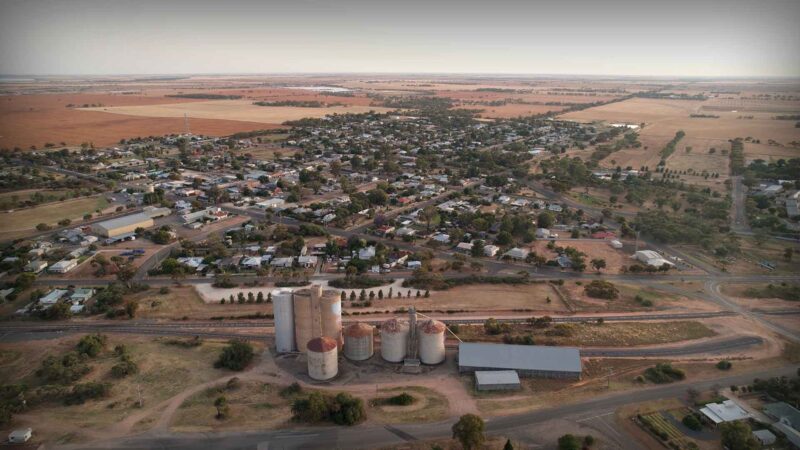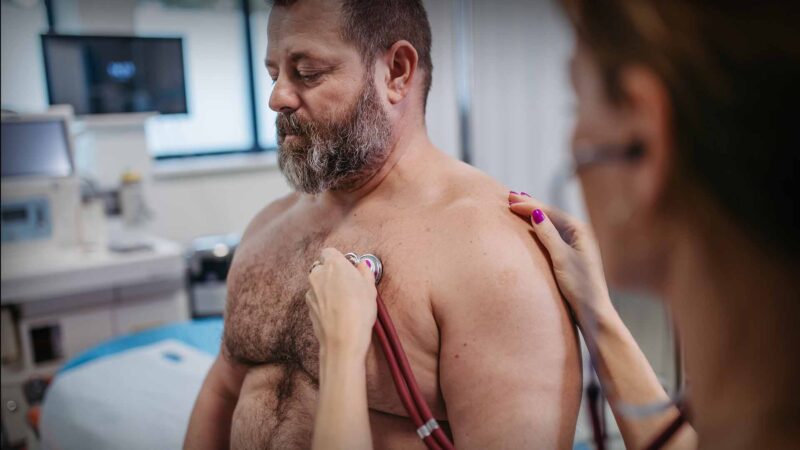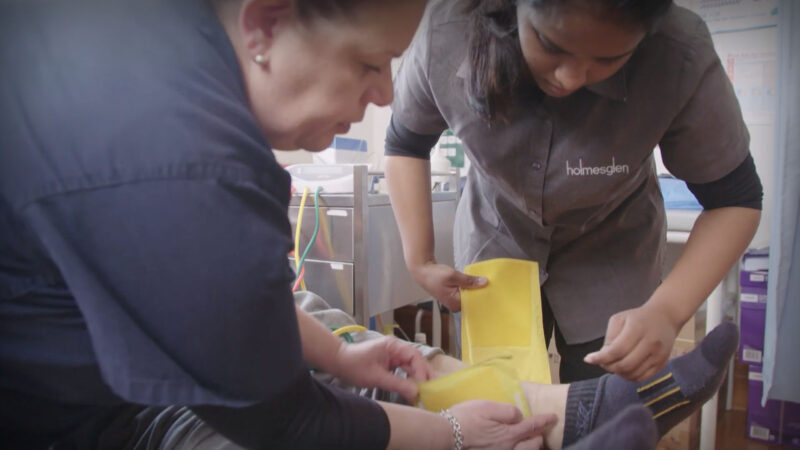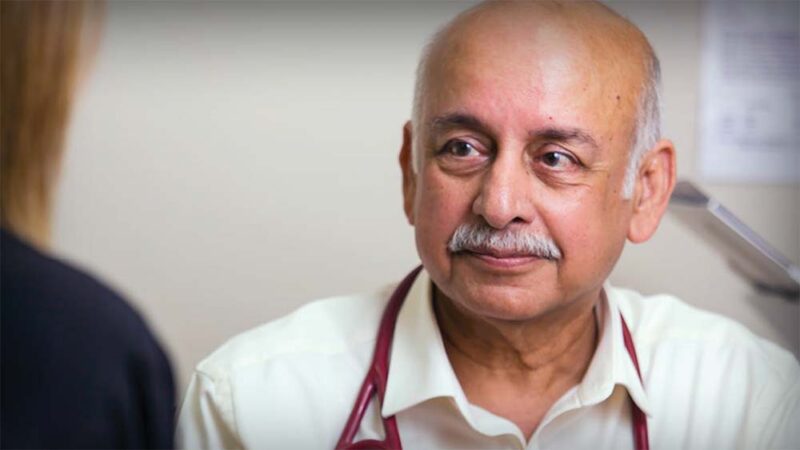Intervention in hearing loss for patients
In her role as an audiologist and trainer, Lauren McNee emphasises the urgency of addressing sudden hearing loss, highlighting the time-sensitive nature of available treatment options. She advises healthcare professionals, including GPs, pharmacists, primary care nurses and specialists, to remain vigilant for subtle signs of hearing loss in their patients. Such signs may include difficulty following prescription guidelines, miscommunication during conversations, or non-verbal cues like a tilt of the head or asking for repetitions.








